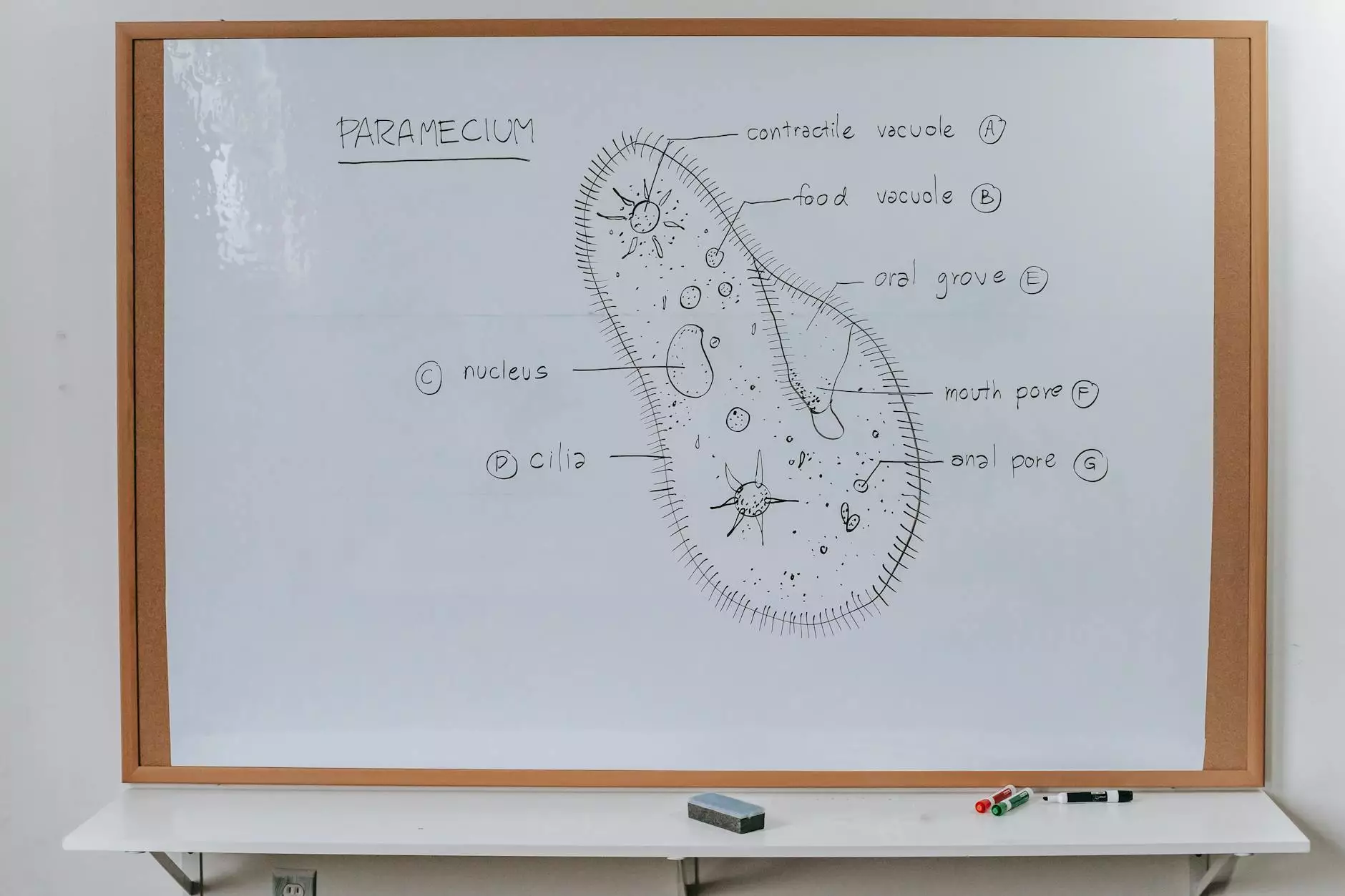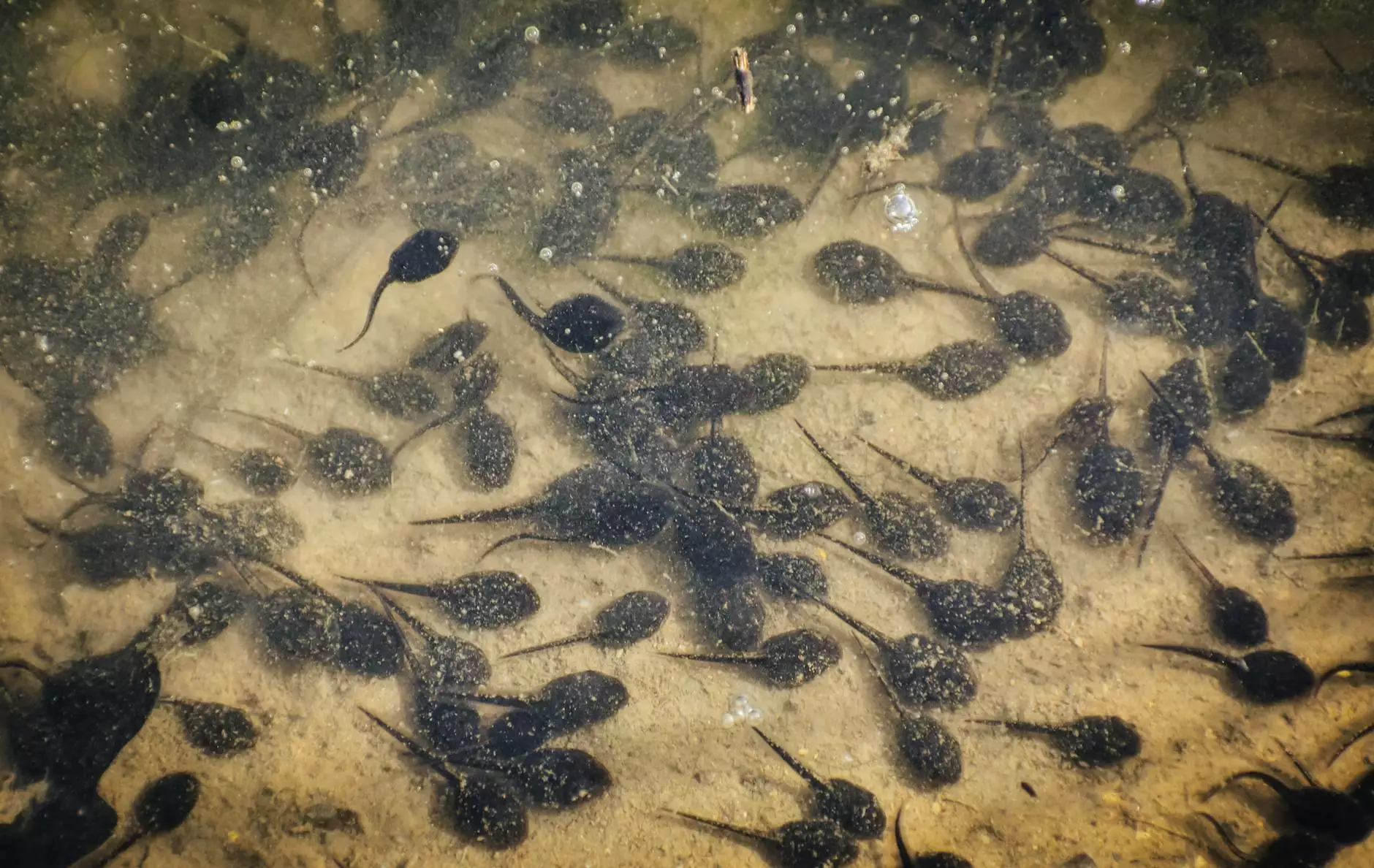Rate of Photosynthesis Lab Report

The Knowledge Nest - Community and Society
Introduction to Photosynthesis
Photosynthesis is one of the most fundamental and fascinating processes that occur in the natural world. It is the process by which plants, algae, and some bacteria convert sunlight, water, and carbon dioxide into energy-rich glucose and oxygen. As an essential part of the oxygen-carbon dioxide cycle, photosynthesis maintains the balance of gases in our atmosphere and provides the foundation for life on Earth.
Understanding Photosynthesis Rate
The rate of photosynthesis refers to the speed at which plants convert light energy into chemical energy. This rate is affected by various factors, including light intensity, carbon dioxide concentration, temperature, and the presence of chlorophyll and other pigments in plant cells. By studying and measuring the rate of photosynthesis, scientists can gain valuable insights into plant growth, ecosystem dynamics, and environmental sustainability.
Our Comprehensive Lab Report
At The Knowledge Nest, we are dedicated to providing in-depth and comprehensive lab reports that explore the rate of photosynthesis and its underlying mechanisms. Our expert team of researchers and scientists have conducted extensive experiments to analyze the factors influencing photosynthesis and its rate. Through our detailed findings, we aim to shed light on the intricacies of this vital process.
Factors Affecting Photosynthesis Rate
1. Light Intensity: The intensity of light plays a crucial role in determining the rate of photosynthesis. Plants require a sufficient amount of light to initiate the process and produce energy. We delve into the relationship between light intensity and photosynthesis rate, uncovering the optimal conditions for maximum efficiency.
2. Carbon Dioxide Concentration: Carbon dioxide is an essential raw material for photosynthesis. Through our lab report, we explore the impact of carbon dioxide concentration on the rate of photosynthesis. Discover how plants adapt to varying levels of carbon dioxide in their environment and how it influences their growth and development.
3. Temperature: Temperature plays a critical role in photosynthesis, as it affects the enzymatic reactions involved in the process. Our lab report examines the relationship between temperature and photosynthesis rate, exploring the optimal temperature range for efficient energy production by plants.
4. Chlorophyll and Pigments: Chlorophyll and other pigments present in plant cells are responsible for absorbing light energy. In our comprehensive analysis, we delve into the role of these pigments and their impact on the rate of photosynthesis. Understand the importance of chlorophyll in capturing and converting light energy into chemical energy.
Join us in Exploring Nature's Secrets
By studying the rate of photosynthesis, we gain a deeper understanding of the intricate workings of the natural world. At The Knowledge Nest, we invite you to join us on this enlightening journey as we unravel the mysteries of photosynthesis and its rate. Our lab report delivers a rich and detailed exploration of this crucial process, empowering you with the knowledge to appreciate and contribute to our environment.
Unlock the Power of Knowledge
The Knowledge Nest is your premier source for educational resources and insights. We provide high-quality content, including lab reports, articles, and research papers, covering various topics in science, technology, and the natural world. Our commitment to excellence ensures that you receive accurate, up-to-date, and comprehensive information that can help you excel in your academic pursuits or simply satisfy your curiosity.
Explore More with The Knowledge Nest
Visit our website to access a wealth of knowledge across a wide range of subjects. From biology and chemistry to physics and astronomy, we offer a diverse collection of resources that cater to learners of all ages. Join The Knowledge Nest community and embark on an educational journey that will expand your horizons and deepen your understanding of the world around us.










